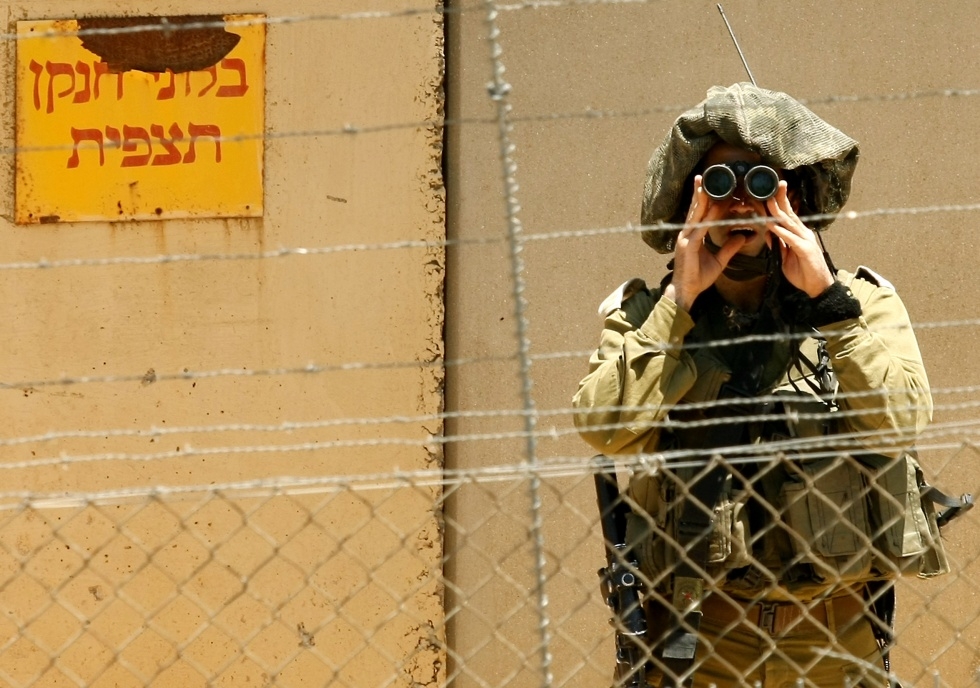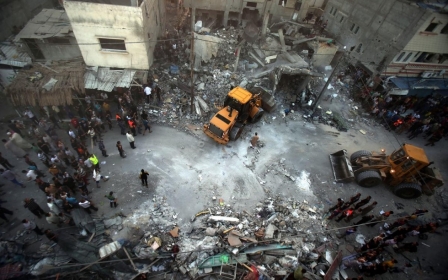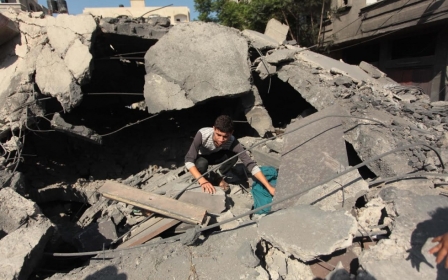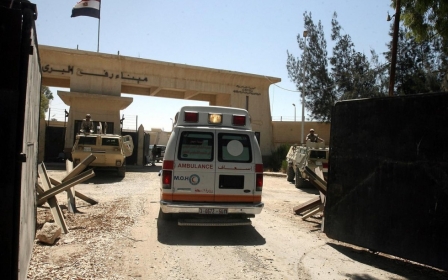Limited fire exchange at the Lebanon-Israel border

Israeli troops fired shell over the Lebanese border, saying it was in response to a rocket fired from Lebanon early Friday.
The rocket from Lebanon crashed into a field near Kfar Yuval, between Metula and Kiryat Shmona at Israel's northernmost tip, an Israeli spokeswoman told AFP.
Israeli army spokesman Lieutenant Colonel Peter Lerner said artillery units had fired a barrage at "suspicious positions" sighted over the border.
Public radio said two Katyusha rockets slammed into an area north of Kiryat Shmona, one of which struck a road which was deserted at the time.
Israeli military officials told the radio said they believed the rockets were fired by a small Palestinian group in an act of solidarity with Gaza.
They said it was unlikely the rockets were fired by the Hezbollah movement in southern Lebanon, as it did not want pick a fight with Israel at this stage.
A Lebanese security source confirmed the incident, but said the number of rockets fired was "up to three".
"The Israelis fired back, launching some 25 shells at the outskirts of Kfar Shuba," he told AFP on condition of anonymity, referring to a village in the south.
"No one was hurt, the shelling hit the fields, not houses. The situation at the border is now calm, and one man has been detained by the security forces for questioning," the security source added.
Lebanon's official National News Agency also reported "25 shells" launched by Israel in response to the rocket fire.
Israel's attack on southern Lebanon coincides with its ongoing campaign against the Gaza Strip where it killed nearly one hundred Palestinians and injured around 500 in almost four days of fighting.
Middle East Eye propose une couverture et une analyse indépendantes et incomparables du Moyen-Orient, de l’Afrique du Nord et d’autres régions du monde. Pour en savoir plus sur la reprise de ce contenu et les frais qui s’appliquent, veuillez remplir ce formulaire [en anglais]. Pour en savoir plus sur MEE, cliquez ici [en anglais].




